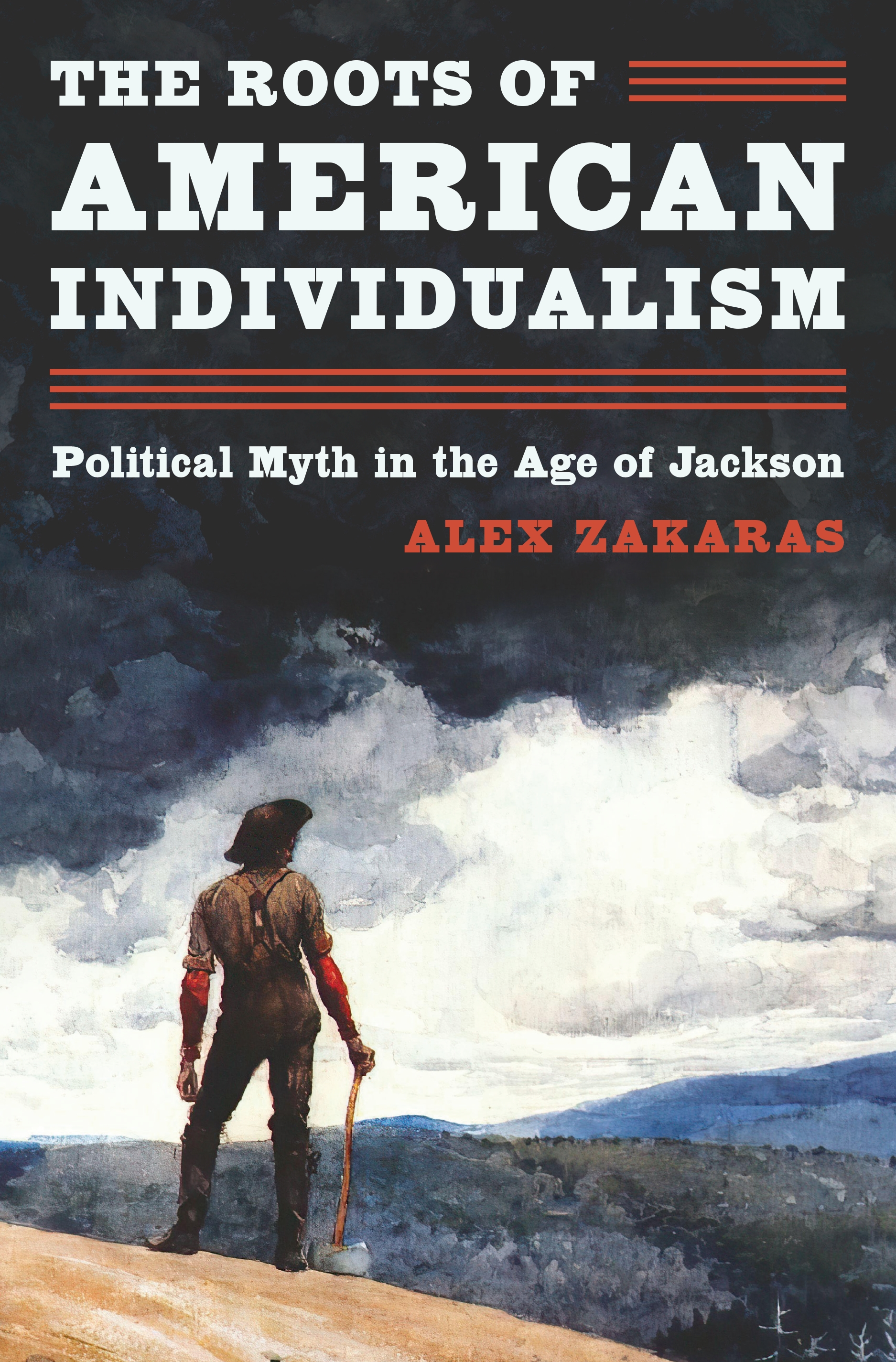Religion & Politics: Your book grounds American individualism within three political myths. Can you tell us about them?
Alex Zakaras: My approach to Jacksonian America is focused on the political stories that were told over and over again in the newspapers, sermons, and political speeches of the time. In considering these, I found myself drawn to certain foundational myths—narratives that establish what America is and who its people are. These glorified stories claim to reveal what is exceptional or distinctive or virtuous about the nation, and they ground powerful forms of collective identity that help Americans understand who they are as citizens. At the same time, they usually dramatize some sort of urgent threat. So, in celebrating and idealizing American liberty, for example, they foreground the danger that liberty might be extinguished. The more I immersed myself in these texts, the more I came to believe that there were three powerful myths, in particular, that structured the political arguments of the period.
The first of these is the myth of the individual proprietor, which says that America is distinctive for the ubiquitous presence of the property-owning farmer. This is a man who owns his own plot of land, who is not beholden to anyone economically, and who is, therefore, independent in both body and mind. The second is the myth of the rights-bearer, which is grounded in the Declaration of Independence and the Bills of Rights, and which says that Americans are distinctive because they enjoy a broad slate of rights, understood primarily as immunities from interference by government. The third is the myth of the self-made man, which emphasizes social and economic mobility. It says that Americans can be who they want to be, they are not restricted by the limits of inherited social caste or station, and, if they work hard and live frugally, there is no upper limit on what they can achieve. It imagines America as an essentially fluid society in which the talented and meritorious are constantly rising while the lazy are falling, which creates a relentless churn that ensures everyone is always where they ought to be.
